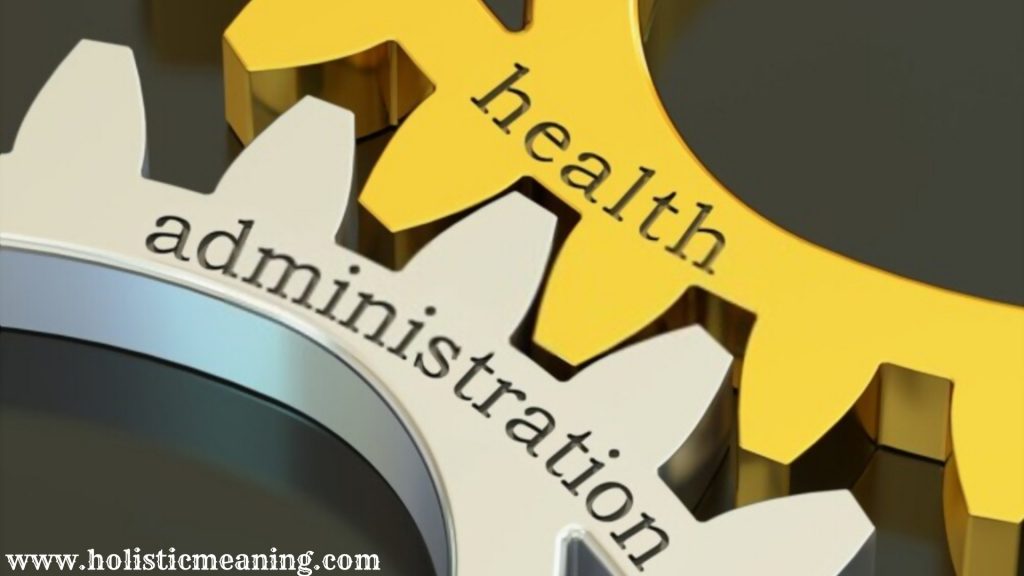What colors do cats see?

Topic: What colors do cats see?
As mammals, cats’ eyes are similar to dogs and even those of humans, but that is with the naked eye because behind those charming crystalline and colourful spheres is an impressive visual acuity.
To begin with, in relation to the proportions of its body, the eyes of the cat are relatively large, a question that helps them to have a field of vision of 200 degrees, quite wide, since that of the human is 180 degrees. This condition is characteristic of predators, as it allows them to have a broad vision of the world around them.
The key is in the retina.
As in the human eye, the retina is in charge of transforming the light it receives into a nerve impulse and sending it to the brain through the optic nerve, where this light is converted into the images that both humans and cats perceive; Although felines have other elements, such as the so-called tapetum lucidum, located behind the retina and which reflects light rays, increasing the amount of light that enters and improving cats’ vision in low light conditions by up to 40%. Also known as a mat, this is why the eyes of cats (and other animals) glow in the dark.
However, this favourable condition for night vision is not the same for the brightest hours of the day because cats are saturated with light, causing their vision to blur and be poorly defined.
What colors do cats see?
The popular belief is that cats see in black and white, the truth is that their perception of colours is less intense compared to that of the human eye, and the tones they perceive are mostly cold (blue and green). Light is what allows the cat to perceive that small amount of colours, so with less light, cats interpret colours in shades of grey. This also allows them to reduce distractions to focus on a single goal.
Complements of feline vision
Apart from the advantages, for the aforementioned, it could be considered that the sight of cats also has certain disadvantages, but to complement them, they have other peculiarities, such as:
- Whiskers: cats cannot focus on objects that are less than 30 centimetres away, so they use their whiskers as antennae to detect these bodies. Learn more about this part of your body with the note: What are cat whiskers for?
- Hearing: Cats can detect 11 octaves (two more than humans) and turn their ears up to 180 °, broadening their perception of the environment.
- Smell: Cats have a sense of smell at least 100 times better than that of humans, in addition to having a second olfactory organ located above the palate. That allows cats to distinguish between a large number of scents.
How do cats see humans?
As his vision does not have good focus at short or long distances, your cat may not recognize you visually, but rest assured that he will be able to recognize your smell and your voice, even when they are several meters apart.
This is because a cat’s vision, by its nature, is focused on its immediate surroundings to hunt more skillfully and also to evade danger.
At Holistic Meaning, we believe that when people and pets come together, life is better, and when you better understand how your partner works, the closer their relationship can be. We invite you to continue discovering more about your pets with the information that our experts share with you:
Frequently Asked Question:
What colors do cats see best?
Scientists used to think of cats as dichromatic, capable of seeing only two colors, but they are not exactly. While feline photoreceptors are more sensitive to wavelengths in the blue-violet and yellow-green ranges, it appears that they could see some green as well.
What colors do cats like?
Blue and purple are the most calming colors for cats. These colors can help reduce stress on your cat. These are the favorite shades in veterinary surgeries due to the way cats react to them.
What color light is best for cats?
The red-orange-yellow end of the spectrum is hot. These colors are better as accent colors than base colors. Choose colors from the visible spectrum that cats and dogs can see best: blues, greens, and purples.
Do cats recognize their owners?
Obviously, cats are good at visual recognition, except when it comes to human faces. Instead of facial recognition, cats can use other signals, such as our smell, the way we feel, or the sound of our voices to identify us. Researchers from the University of Tokyo have found that cats recognize the voices of their owners.



